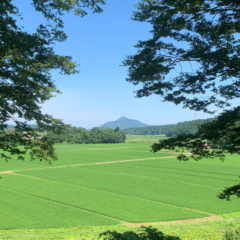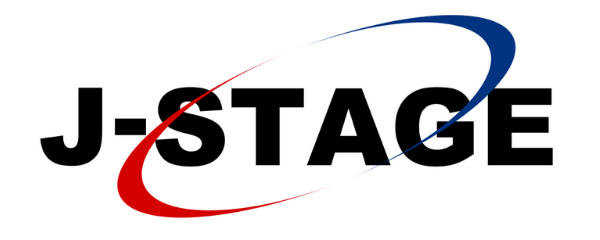
“Resilience Seminar #41” Jan. 26 [for Members and Generals]
The Resilience seminar cordially invite you to join the following hybrid seminar. For zoom participation, prior registration is required here. https://kyoto-u-edu.zoom.us/meeting/register/tZcrf-iopj8vEt3qjR7X8JozVocIOWAF6ufP https://sites.google.com/view/aes-kyotonre/reselience-seminar Resilience Seminar #41 Date & Time: January 26, 2023, Thu 16:30-18:15 JST Language: English Venue: Seminar Room E220, Graduate School of Agriculture, Kyoto University and Zoom Web Seminar (hybrid) Speaker Masanori Matsuura, Institute of Developing Economies (IDE-JETRO) Title Weather Shocks, Livelihood Diversification, and Household Food Security: Empirical Evidence from Rural Bangladesh Abstract...
![倫理的食農システムと農村発展 [FY2021-]](https://jasid.org/wp/wp-content/uploads/2021/04/rersearch-groups-eye-5-740x440.png)
![社会課題解決のための開発とイノベーション [FY2022-]](https://jasid.org/wp/wp-content/uploads/2021/11/eye-Solving-Social-Problems-240x240.png)





